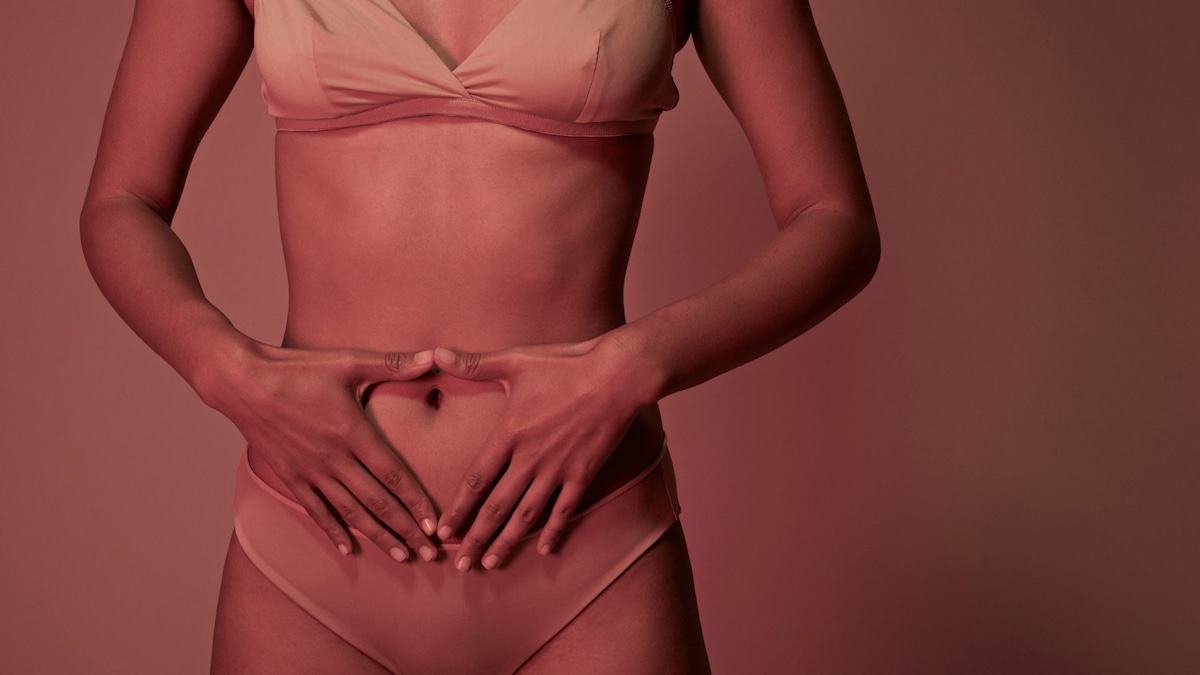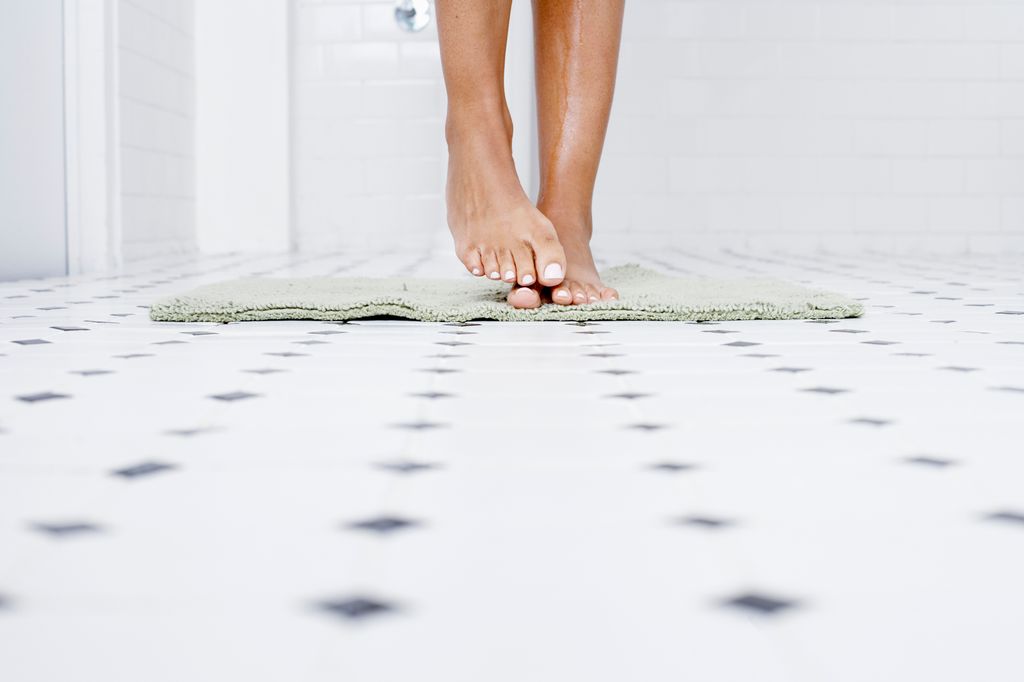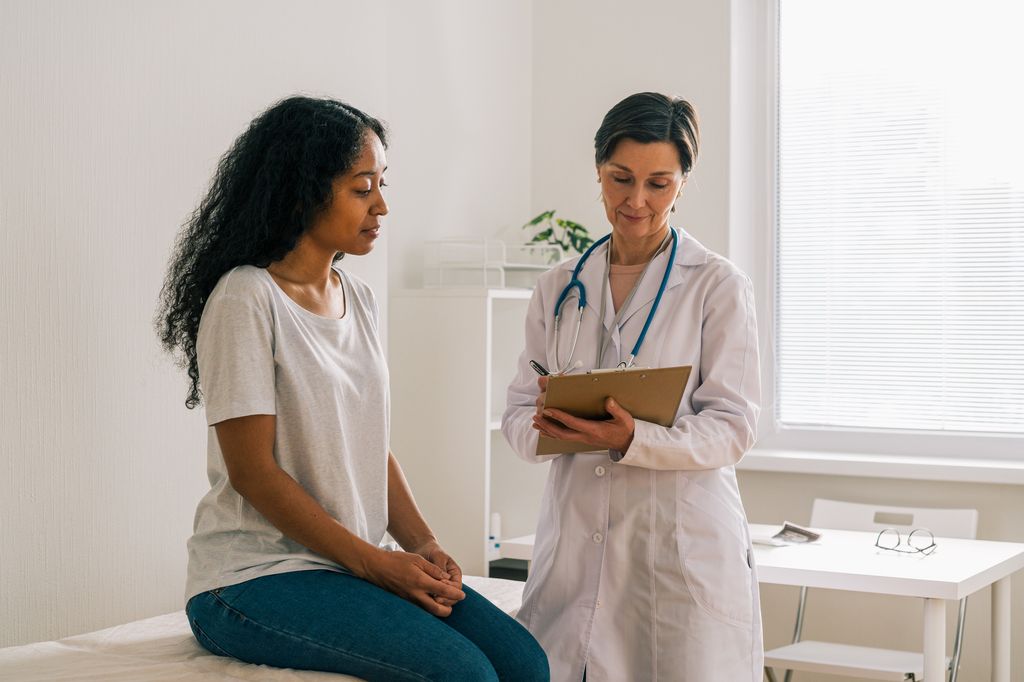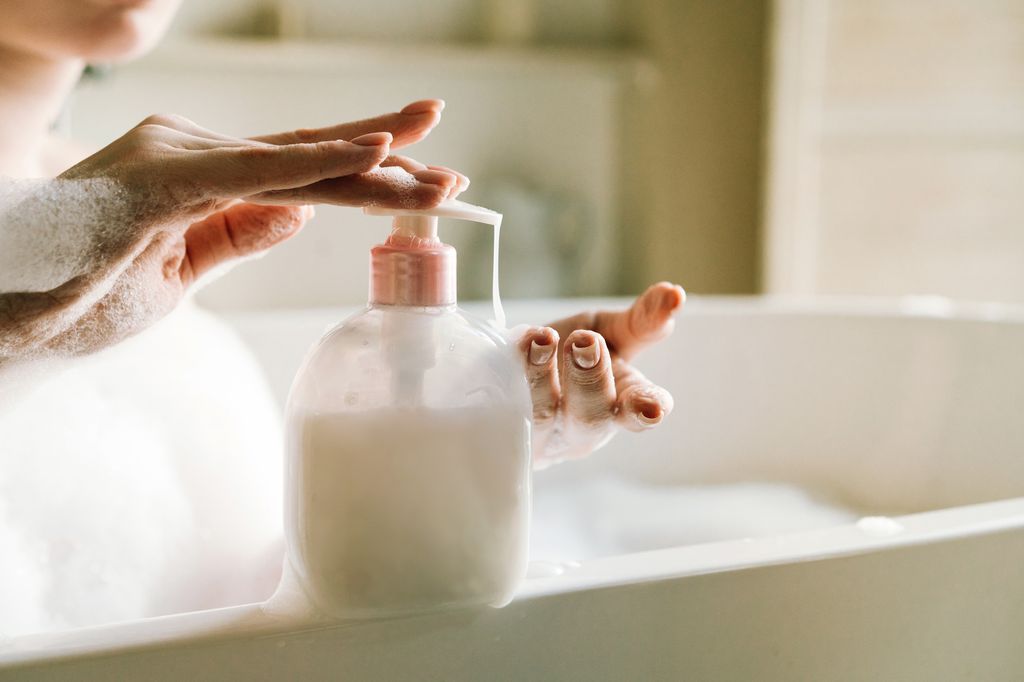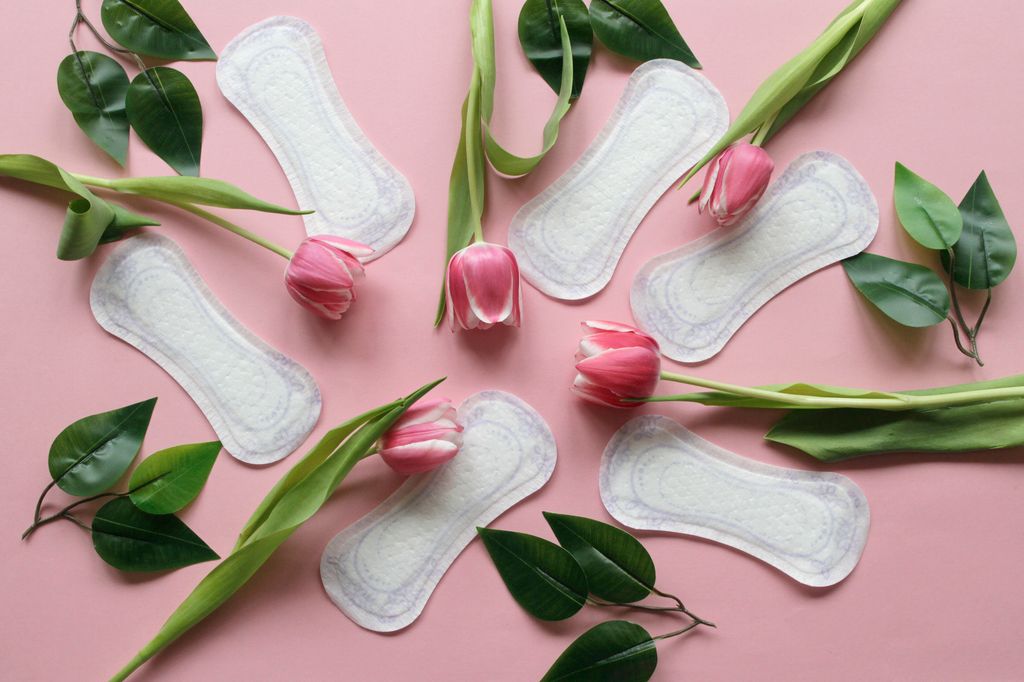Whether you’ve got a cabinet full of intimate washes, oils and grooming products, or you’re a shower gel and soap down-there kind of woman, you’ll likely have noticed the boom in intimate care products.
Boots is awash with items designed to care for down there, and in midlife, it seems that more of these products than ever are aimed at us.
To work out exactly how we should be caring for our intimate area, we spoke to gynaecologist Dr. Susanna Unsworth about the best way to look after our vagina and vulva in midlife – including the things we absolutely need to avoid.
“It’s important that women of all ages take care of their intimate area, however, as we get older, there are changes which make it even more important,” Dr. Unsworth begins.
“I often say to women that we spend a lot of time caring for the skin on our face, but it’s just as important to care for the skin of the vulva,” the gynaecologist continues. “Just as with the skin on our face, as we age, some of the natural protection mechanisms become less effective, which is why we may need to take more care as time goes on.”
Intimate issues in midlife
A decline in oestrogen levels is behind many of the intimate issues we see in midlife, Dr. Unsworth says.
“In pre-menopausal women, high levels of circulating oestrogen help maintain healthy tissues in the vulva and vagina. As these levels decline around menopause, the vaginal walls become thinner, less elastic and produce less secretions.
“This can lead to irritation, discomfort and often a dryness due to a decrease in natural lubrication, which can contribute to pain when having sex.”
Dr. Unsworth notes that there can also be a change in pH, which can impact the normal balance of bacteria and micro-organisms, increasing the likelihood of infections.
Visually, there are changes to the appearance of the vulval tissue (the labia), making them look thinner, less plump and paler. Sensation of the tissues can also reduce, she adds.
Dr. Unsworth cautions that urine infections can become more common in midlife, as the opening of the urethra becomes less protected thanks to the change in tissues around it, and there is also evidence that the loss of oestrogen impacts how well the cells lining the bladder wall stick together, making the bladder more leaky, allowing bacteria to enter more easily.
While it all sounds doom and gloom, there are ways to look after yourself downstairs. Here, Dr. Unsworth shares five things she wants women to stop doing in order to feel healthy down there…
1. Stop assuming it’s thrush
It’s easy to chalk any downstairs discomfort to thrush, but don’t assume this is what’s up, says Dr. Unsworth.
“One of the key things that women often assume is that uncomfortable symptoms are due to thrush,” she says. “By the time I see women with vulvovaginal symptoms, they have often used multiple thrush treatments, with their symptoms returning or not resolving at all.
“Whilst thrush can be a common issue, especially with fluctuating oestrogen levels in perimenopause, it normally responds well to the over-the-counter treatments available. If you find your symptoms do not settle, or they return quickly, you should speak to a health care professional as there is a good chance your symptoms are not caused by thrush.”
2. Stop overwashing
Overwashing and internal washing are two more big no-nos, according to Dr. Unsworth.
“If you’re experiencing irritation or a change in discharge, it can often feel like the best thing to do is wash the area,” she begins. “Indeed, it is important to keep the external tissues clean and moisturised, but this is best done with pH-balanced, unperfumed products, to minimise disruption of the bacteria present.
“Sadly, many products marketed for female intimate care are full of chemicals and perfumes, which are unnecessary and can cause more issues.”
Dr. Unsworth adds that there is no need to wash inside the vagina itself. “The balance of things in the vagina is very delicate, and does not require ‘douching’ – it is best to just leave that area to do its own thing.
“If you are experiencing symptoms from the vagina that you are worried about (e.g. discharge, abnormal bleeding or pain), you should see your doctor as this may require specific treatment,” she confirms.
3. Stop wearing synthetic underwear
Your choice of underwear could be causing you bother, Dr. Unsworth explains. “Avoid man-made fibres for prolonged periods of time and try to wear more natural fibres such as bamboo and cotton, to help the intimate skin breathe.
“Avoiding wearing underwear overnight can often be helpful. In the summer, avoid sitting around in wet swimwear, and put clean underwear on after exercising,” Dr. Unsworth adds.
4. Stop using perfumed sanitary products
Pantyliners and pads are often delicately scented, but Dr. Unsworth says there is “no need at all” for this. “Just make sure you change products regularly,” she says.
5. Stop accepting dryness
“We must stop putting up with vaginal dryness issues or recurrent urine infections,” Dr. Unsworth pleads. “Do not feel embarrassed to talk about this with your doctor or nurse as there are effective treatments out there. The same goes for bladder leaking – this is easily and effectively treated.”
Dr. Unsworth, is INTIMINA’s in-house gynaecologist expert.
Read the full article here


